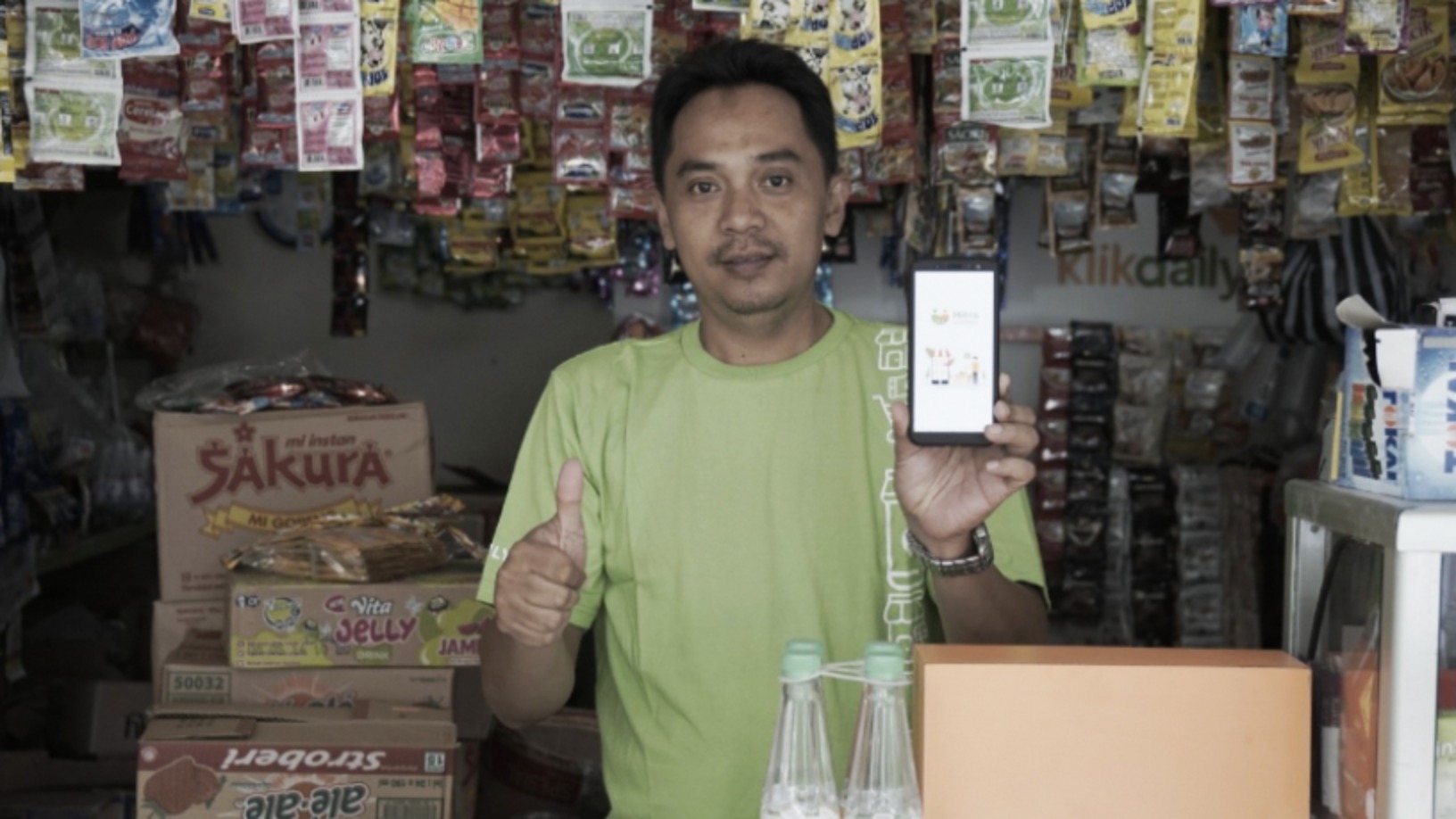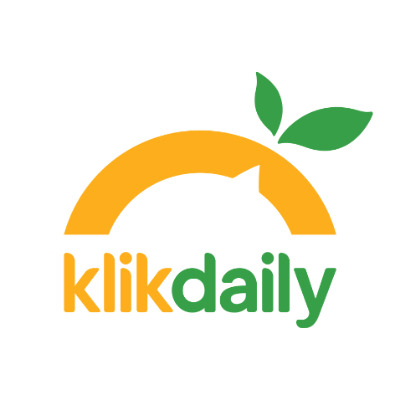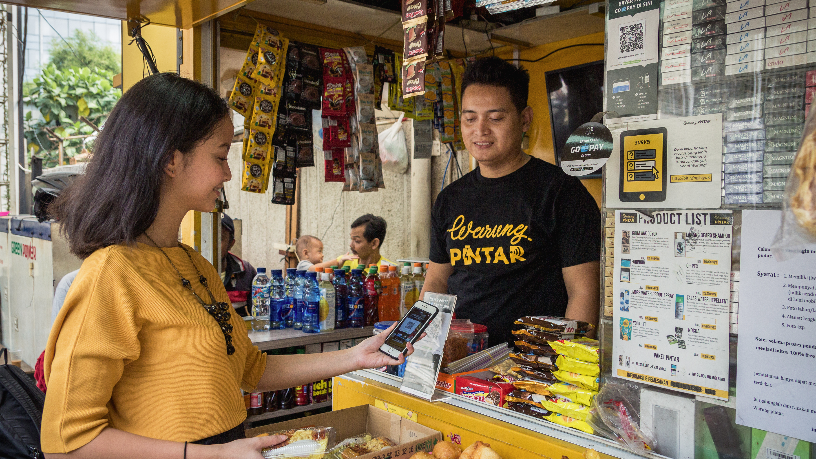Indonesia’s vast web of neighborhood convenience stores, known locally as “warungs,” are vital for distributing essential FMCG like instant noodles, vegetable oil, coffee, drinking water and LPG gas canisters for cooking. But because these businesses generally order goods in small quantities, they have long been hostage to unreliable suppliers apt at charging high prices.
KlikDaily is seeking to disrupt established supply chains and cut prices for the end consumer by providing these store owners with a single platform from which to order and receive stock. Acting as the middle man, KlikDaily purchases goods in bulk from manufacturers and on-sells them to the warungs, who order directly through its app.
The startup raised an undisclosed amount of Series A funding this week led by Global Founders Capital, after a pre-A round in mid-2019. The new funding would be used to further develop its technology and business infrastructure, KlikDaily said in a statement. It noted that the Covid-19 pandemic has not hurt its business, as its use of digital technology allows distribution of goods with minimal contact.
Instead, “[i]ncreased demand is not only seen in food and beverage products that have been previously provided by Klikdaily, but also in staple foods. Furthermore, Klikdaily has increased the supply of these products during this pandemic to meet rising demand,” it said.
Co-founded by CEO Amos Gunawan, the idea for KlikDaily arose from his meetings with local businesses while working for oil and gas company Total A&P.
“I interacted very often with local businesses, asking business owners of warungs on the ground 'how’s the market and what can we do to help you?'" Gunawan said in a recent interview with CompassList. “Most of them would complain about the difficulty in obtaining the products, stock availability, and classic pricing issues due to high dependency on third-party [suppliers]. I was intrigued and felt compelled to solve these problems.”
Evolution of a distribution channel
Gunawan set up KlikDaily in 2015 with co-founder and CTO Indra Dhanurendra. The pair first met when they were teenagers; both completed higher education at the Universitas Pelita Harapan and were later employed by the same mobile payment company in Singapore.
“We kept in close contact and because we shared same mission, we decided to build our own startup," said Gunawan.
The KlikDaily platform was first conceived as an app designed to simplify the purchasing process by enabling consumers to order gas canisters and drinking water directly from merchants.
“You would have a small warung that gets stock from a slightly bigger store, who in turn buys it from a grocery store, who buys it from the suppliers. It is this long [distribution] chain that we want to cut,'' said KlikDaily Head of Public Relations Rizky Novita Lestari.
But by 2017, the larger supply chain problems faced by merchants forced the company to pivot to focus on assisting merchants receive supplies in a timely manner and at reasonable prices, thus also helping to reduce the end price of products for consumers.
Today, KlikDaily works with general trade merchants, the “warung sembako,” which primarily stock goods referred to as the nine basic needs: rice, sugar, cooking oil and butter, meat, eggs, milk, corn, kerosene and salt. The goal is to help smaller businesses with fewer resources to grow through digitization.
KlikDaily has three distribution channels which cover Greater Jakarta, Cikarang, Karawang, Purwakarta, Cilegon and the Serang area. It works with major FMCG companies including Indofood, Garuda Food, Mayora, Kapal Api, Orang Tua Group and Gumindo, maker of sunflower seed snacks.
“We help each other to expand our market," Gumindo Marketing Manager Marselus Candra said.
Understanding the client
Gunawan said KlikDaily is growing because it responds to the needs of merchants who were “desperate” for help in managing stock supply. He declined to elaborate on KlikDaily's income model. The startup raised pre-A funding from Global Founders Capital, Pegasus Capital (formerly known as Fenox Venture Capital), Fundedhere and Teja Ventures mid-2019.
The KlikDaily app has been designed to be simple to use so merchants, many of whom are new to using digital technology for business, can easily access the service. The company provides store owners practical assistance such as banners, cashier tables and product racks. Partners are also given customer service training, known as “merchant rebranding.”
“The app is very easy to use. I just make an order and then the products are sent directly to the store for free,'' warung owner and KlikDaily partner Nadi Maad said. ''I was also provided a cashier table by KlikDaily, which was very helpful for me to display the products, and drawers to store the money safely."
Gunawan is confident KlikDaily will continue to recruit more merchants because it effectively establishes a supply chain ecosystem.
"Right now there are so many e-commerce players who are only creating a longer supply chain path and are not solving the problems. When you provide real solution, and especially when you break the third-party chain, then the space to get revenue will automatically follow," he said.














